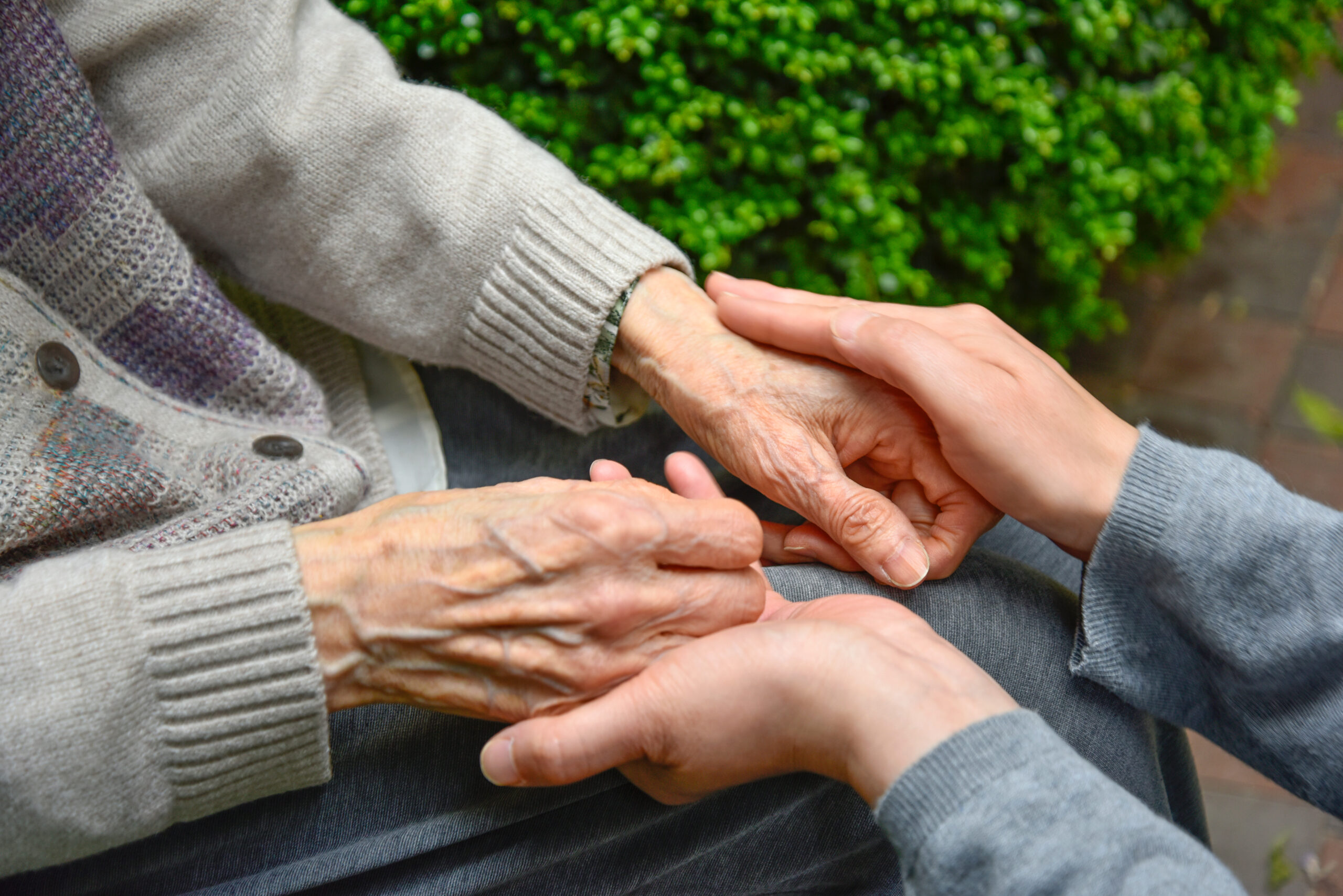How did people deal with Dementia in the 1600’s?
Dealing with dementia in the 1600s was vastly different from today. During this time, understanding of mental health was limited, and treatments were often based on superstition and rudimentary medical knowledge. People with dementia-like symptoms were often misunderstood and sometimes mistreated.
In the 1600s, the concept of dementia as we know it today did not exist. Instead, people with cognitive impairments might have been seen as having “madness” or other forms of mental affliction. The treatments were often harsh and included physical restraints, isolation, or even exorcisms in some cases. There was no specific medical approach to managing dementia, and it was not recognized as a distinct medical condition.
The care for those with mental health issues was largely provided by family members or religious institutions. In some cases, people with mental illnesses were confined to asylums or other institutions where conditions were often poor. The idea of providing a supportive environment or using therapies to manage symptoms was not part of the medical practice at that time.
In contrast to the harsh treatments, there were also early signs of more compassionate approaches. For example, some historical figures like Francis Bacon, who lived from 1561 to 1626, contributed to the development of the scientific method, which would eventually lead to more systematic studies of human health. However, these advancements did not directly impact the treatment of dementia during the 1600s.
It wasn’t until much later, with advancements in medical science and psychology, that more humane and effective treatments for dementia began to emerge. Today, we recognize dementia as a complex condition that requires comprehensive care, including medication, therapy, and supportive environments. The journey from the misunderstood and often mistreated individuals of the past to the more compassionate and informed care of today reflects significant progress in understanding and addressing dementia.





